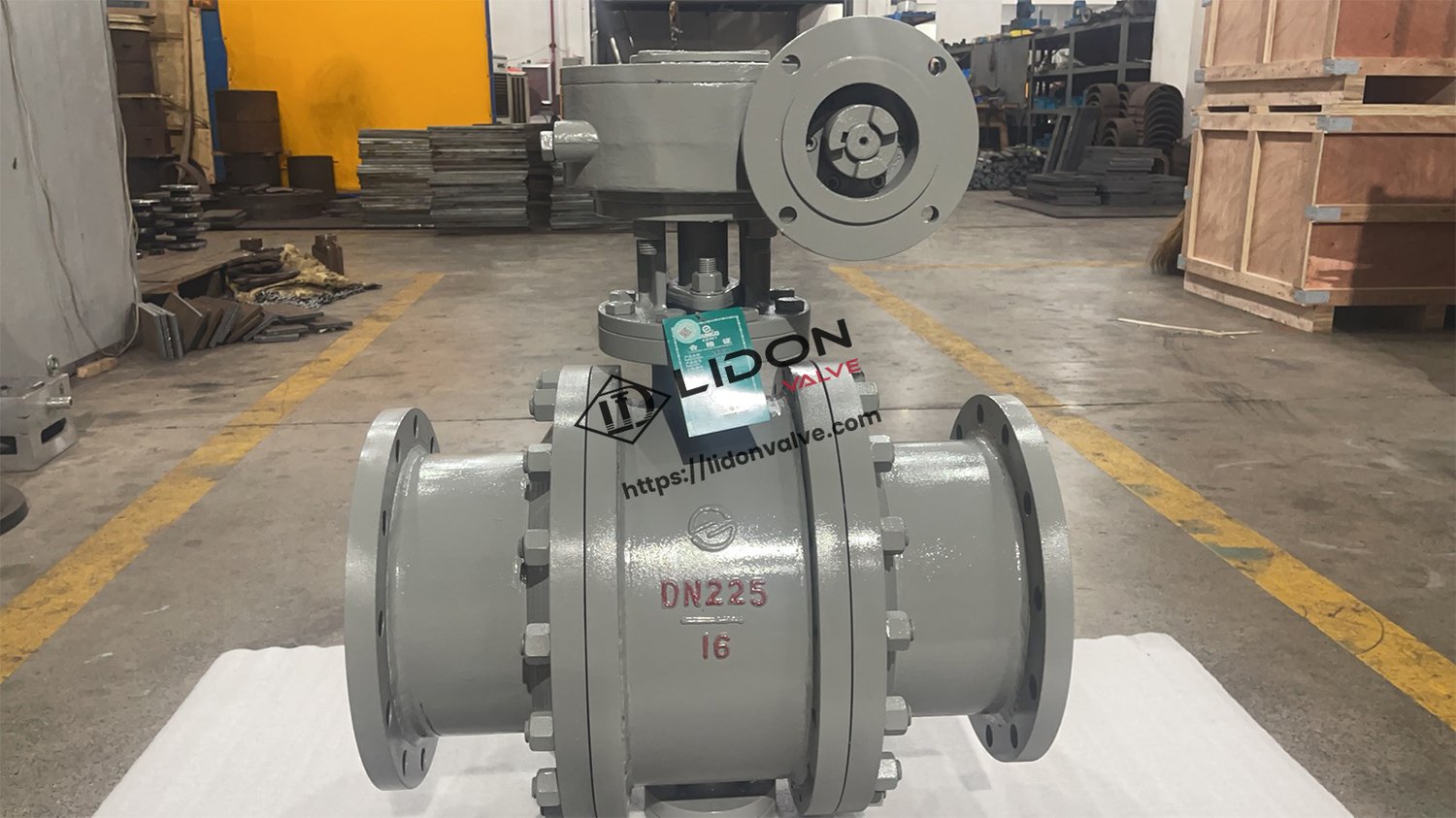Why use ceramic valves?? Understand the Advantages and Applications of Using Ceramic Valves for Various Industries
Valves are essential components in many industrial processes and systems. They regulate the flow of fluids, gases, and slurries in machines, vehicles, and installations. They also prevent backflow, reduce pressure, and control temperature. Various types of valves are available in the market, including ceramic valves. Ceramic valves offer several advantages over traditional valves made from metals and plastic materials. In this article, we'll discuss the benefits of using ceramic valves and their applications in different industries.
Paragraph 1: What are Ceramic Valves?
Ceramic valves are valves with ceramic materials such as silicon nitride, alumina, and zirconia. These materials have high strength, hardness, wear resistance, and corrosion resistance. They also have low thermal conductivity, low coefficient of friction, and biocompatibility. Ceramic valves are used in extreme conditions where traditional valves fail, such as high-temperature, high-pressure, corrosive, and abrasive environments. Ceramic valves can handle temperatures up to 1800°C and pressures up to 10,000 psi.
Paragraph 2: Advantages of Using Ceramic Valves
Ceramic valves offer several advantages over other types of valves. They have superior wear resistance, meaning they last longer and require less maintenance. They also have low friction, which reduces energy consumption and increases efficiency. Ceramic valves are ideal for applications where fluid purity is critical, such as food and beverage, pharmaceuticals, and semiconductor manufacturing. They are also biocompatible, meaning they can be used in medical devices and implants. Ceramic valves are also available in various shapes and sizes, making them highly customizable.
Paragraph 3: Chemical Resistance of Ceramic Valves
Ceramic valves are highly resistant to chemical attack, meaning they can withstand exposure to corrosive liquids and gases. They are ideal for use in the chemical industry, where acids, bases, and solvents are present. Unlike metal valves that can rust and corrode over time, ceramic valves do not degrade or deteriorate even in harsh environments. Ceramic valves are also easy to clean and sterilize, making them suitable for use in the food and beverage industry.
Paragraph 4: Thermal Resistance of Ceramic Valves
Ceramic valves can withstand extreme temperatures without deforming or cracking. They are ideal for use in high-temperature applications such as kilns, furnaces, and boilers. Ceramic valves can also handle rapid temperature changes without compromising their performance. They have low thermal conductivity, meaning they do not transfer heat easily. Ceramic valves can protect sensitive instruments and sensors from extreme temperatures, making them suitable for use in the aerospace and defense industry.
Paragraph 5: Wear Resistance of Ceramic Valves
Ceramic valves have superior wear resistance compared to metal valves. They can withstand abrasion, erosion, and cavitation. They also have a low coefficient of friction, meaning they do not generate excessive heat or wear particles. Ceramic valves are ideal for use in applications where the flow rate, pressure, and temperature vary, such as oil and gas pipelines, power plants, and mining operations. Ceramic valves can also reduce maintenance costs and downtime, as they do not require frequent replacement.
Paragraph 6: Biocompatibility of Ceramic Valves
Ceramic valves are biocompatible, meaning they do not cause adverse reactions when in contact with living tissue. They are ideal for use in medical devices and implants, such as dental implants, hip replacements, and heart valves. Ceramic valves have low bacterial adhesion and are easy to clean, reducing the risk of infection. They also do not release metal ions, which can cause allergies or toxic effects. Ceramic valves can improve the longevity, reliability, and safety of medical treatments.
Paragraph 7: Customization of Ceramic Valves
Ceramic valves can be highly customized to meet specific requirements. They can be designed in different shapes, sizes, and configurations to fit into various machines and systems. Ceramic valves can also incorporate additional features such as sensors, actuators, and coatings to enhance their performance. Customization of ceramic valves can improve efficiency, reliability, and safety in different industries, such as automotive, aerospace, and electronics.
Paragraph 8: Cost of Ceramic Valves
Ceramic valves are generally more expensive than traditional valves made from metal or plastic. However, their superior properties and longer lifespan can offset the initial cost. Ceramic valves require less maintenance, replacement, and downtime, resulting in cost savings over time. Ceramic valves can also improve the quality, reliability, and safety of the products or processes they are used in, leading to higher customer satisfaction and market competitiveness. The cost of ceramic valves can vary depending on the material, size, configuration, and additional features.
Paragraph 9: Applications of Ceramic Valves
Ceramic valves are used in various industries and applications, including:
- Chemical and petrochemical industry for handling corrosive fluids and gases
- Food and beverage industry for maintaining fluid purity and hygiene
- Pharmaceutical industry for processing sensitive drugs and vaccines
- Semiconductor industry for manufacturing microchips and electronic components
- Aerospace and defense industry for protecting sensitive instruments and systems
- Medical industry for making implants and devices for treatments
- Mining industry for handling abrasive and corrosive slurries and fluids
Paragraph 10: Conclusion
Ceramic valves offer several advantages over traditional valves made of metal or plastic. They have superior wear resistance, chemical resistance, thermal resistance, and biocompatibility. Ceramic valves can be highly customized to meet specific needs and requirements. Ceramic valves are used in various industries and applications, such as chemical, aerospace, food, and medical. Although ceramic valves are more expensive than traditional valves, their longer lifespan and superior performance can lead to cost savings and better products or processes. If you need valves that can handle extreme conditions and improve efficiency, reliability, and safety, consider using ceramic valves.

